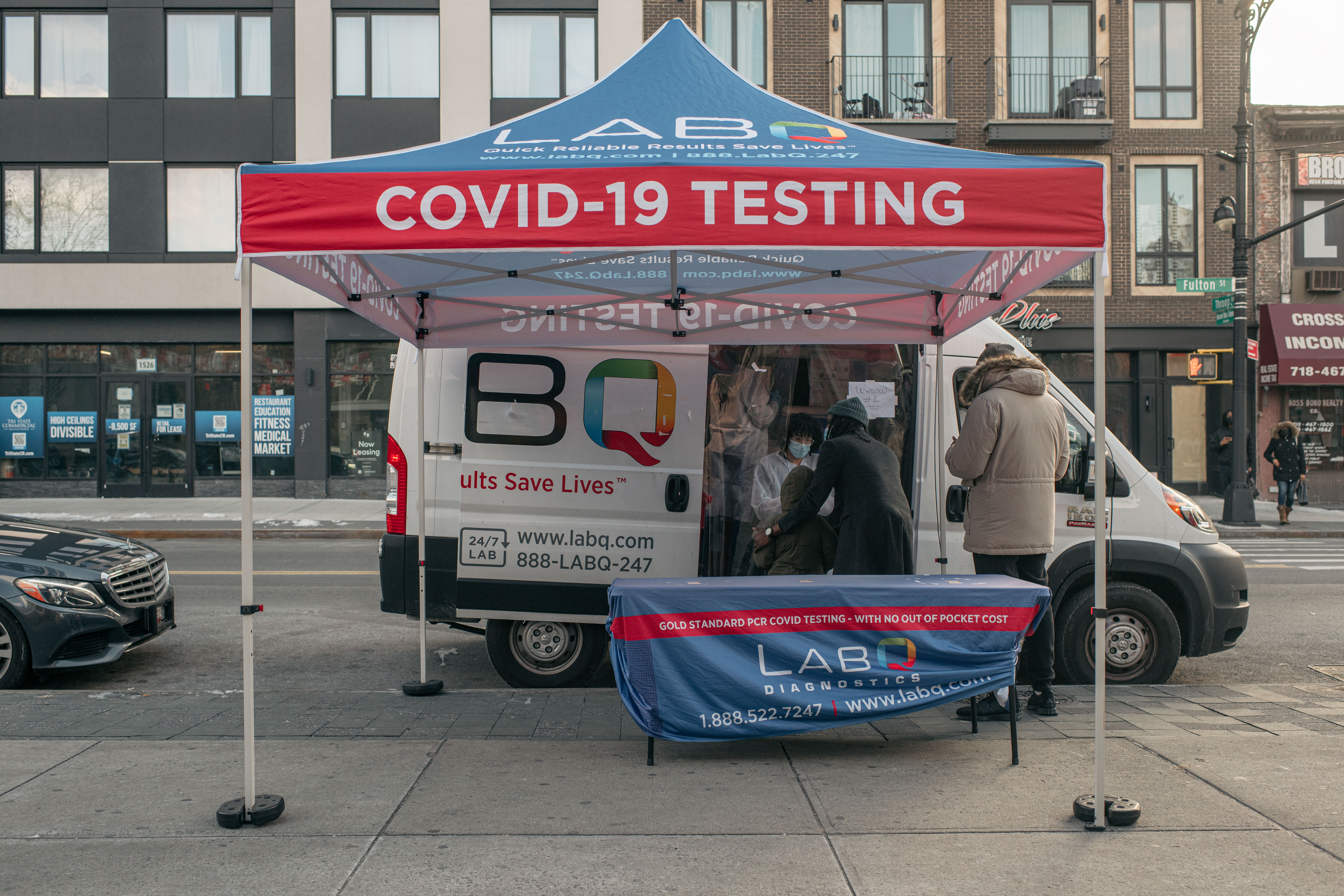A COVID vaccine doesn't interfere with your ability to conceive a baby - but being infected with the virus can make men less fertile for months afterward, according to a new government study.
The National Institutes of Health-funded study of 2,000 couples, released Thursday, found no effect on the ability to conceive a child if either partner had been vaccinated against COVID-19.
Even controlling for factors like age, geography, employment or the number of vaccine doses, researchers found no difference in conception rates between couples with or without a vaccinated partner.
COVID-19 Symptoms and Fertility
But where the research team did find a difference was in conception after infection.
According to the NIH, couples in any given menstrual cycle were 18% less likely to conceive in that particular cycle if the male partner had tested positive for COVID less than 60 days prior.
Get Tri-state area news delivered to your inbox. Sign up for NBC New York's News Headlines newsletter.
After 60 days, there was no difference versus couples where the male partner had never tested positive.
"Fever, known to reduce sperm count and motility, is common during SARS-CoV-2 infection and so could explain the temporary decline in fertility the researchers observed in couples in which the male partner had a recent infection," the NIH said in a news release summarizing the research.
"Other possible reasons for a decline in fertility among male partners who recently tested positive could be inflammation in the testes and nearby tissues and erectile dysfunction, all common after SARS-CoV-2 infection."
COVID Symptoms: The Latest
Long COVID symptoms
The study adds to a growing body of research on the myriad ways that COVID can affect people long after they've seemingly recovered from the virus.
Recent studies have indicated that COVID can cause neurological symptoms that mimic "chemo brain", for example.
There are also growing concerns about what the omicron variant of COVID-19 might do to children over the long term, given the record number of hospitalizations of late.



